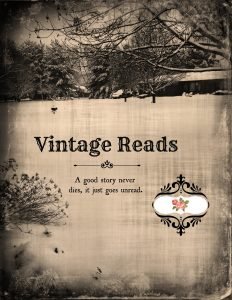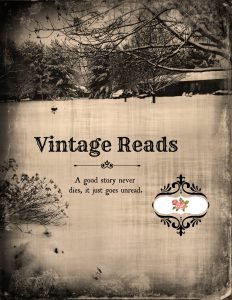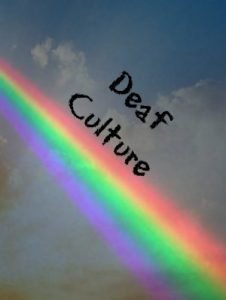The “coming-of-age” story. When a boy becomes a man.

…and now Miguel is a great read for boys ages nine through thirteen. Joseph Krumgold really gets into the head of a kid during that in-between age, wanting to be respected as a man yet child enough that he’s not quite ready for a man’s responsibilities.
Synopsis
Set in the Korean War era, the heart’s desire of Miguel Chavez is to be allowed to join the men when they take the sheep to the mountains. During his twelfth year, he meets every challenge to prove he is old enough to go with them. But his father says, “Not yet.” So Miguel prays to San Ysidro for a miracle allowing him to join the men. And his prayer is answered—only not in the way he would have desired.
Pros
- The novel peeks into the Hispanic-American culture giving children new insights.
- Krumgold teaches his readers all kinds of details about life on a sheep ranch. I learned a lot!
Cons
As a child, I might not have been interested in finishing the book because there is so much narrative. Dialogue exists, but not in the abundance of a modern novel.
Discussion Questions
- What is the difference between Pedro and Miguel?
- Why does Miguel respect his father? His grandfather? Gabriel?
- What is your opinion of Faustina?
- Name two ways that Miguel has begun to grow into a man by the end of the book.
Conclusion
Miguel’s moment of ultimate reality is this: we spend minutes upon minutes anticipating desired change. Change happens—for maybe one whole minute. After that, we live our changed lives minutes upon minutes.
This lesson is central to life, which is why …and now Miguel is a classic. For life is complicated. Even when you get your heart’s desire (glad), it may not be what you wanted (sorry). As Miguel’s father told him, “Always two things.”





 described in the author’s own words. With sixteen characters, each with their own point-of-view, the challenge of solving the mystery ranks on par with the difficulty level of a 3000-piece jigsaw puzzle.
described in the author’s own words. With sixteen characters, each with their own point-of-view, the challenge of solving the mystery ranks on par with the difficulty level of a 3000-piece jigsaw puzzle.





